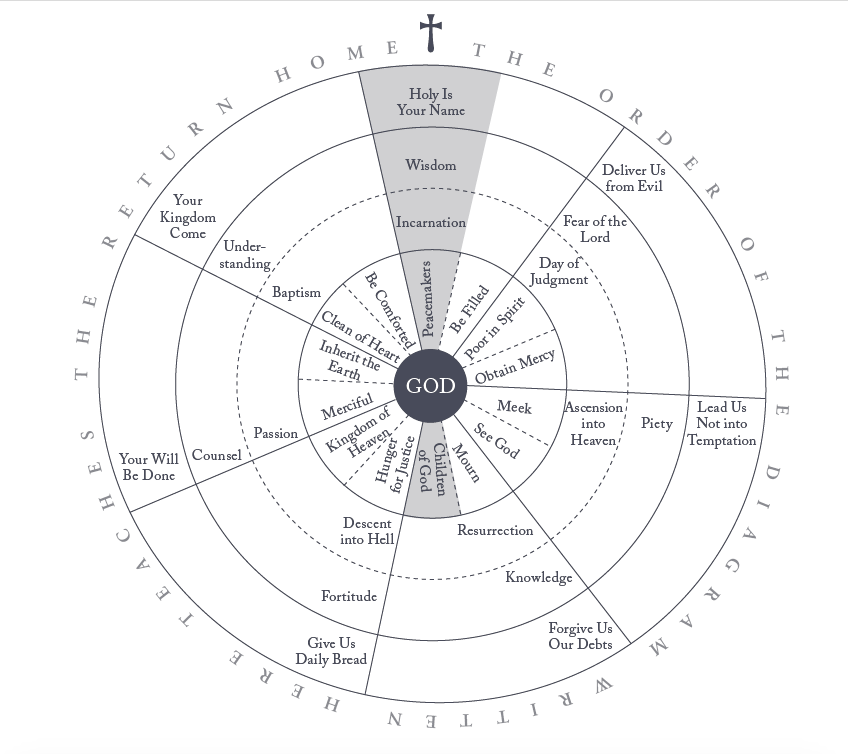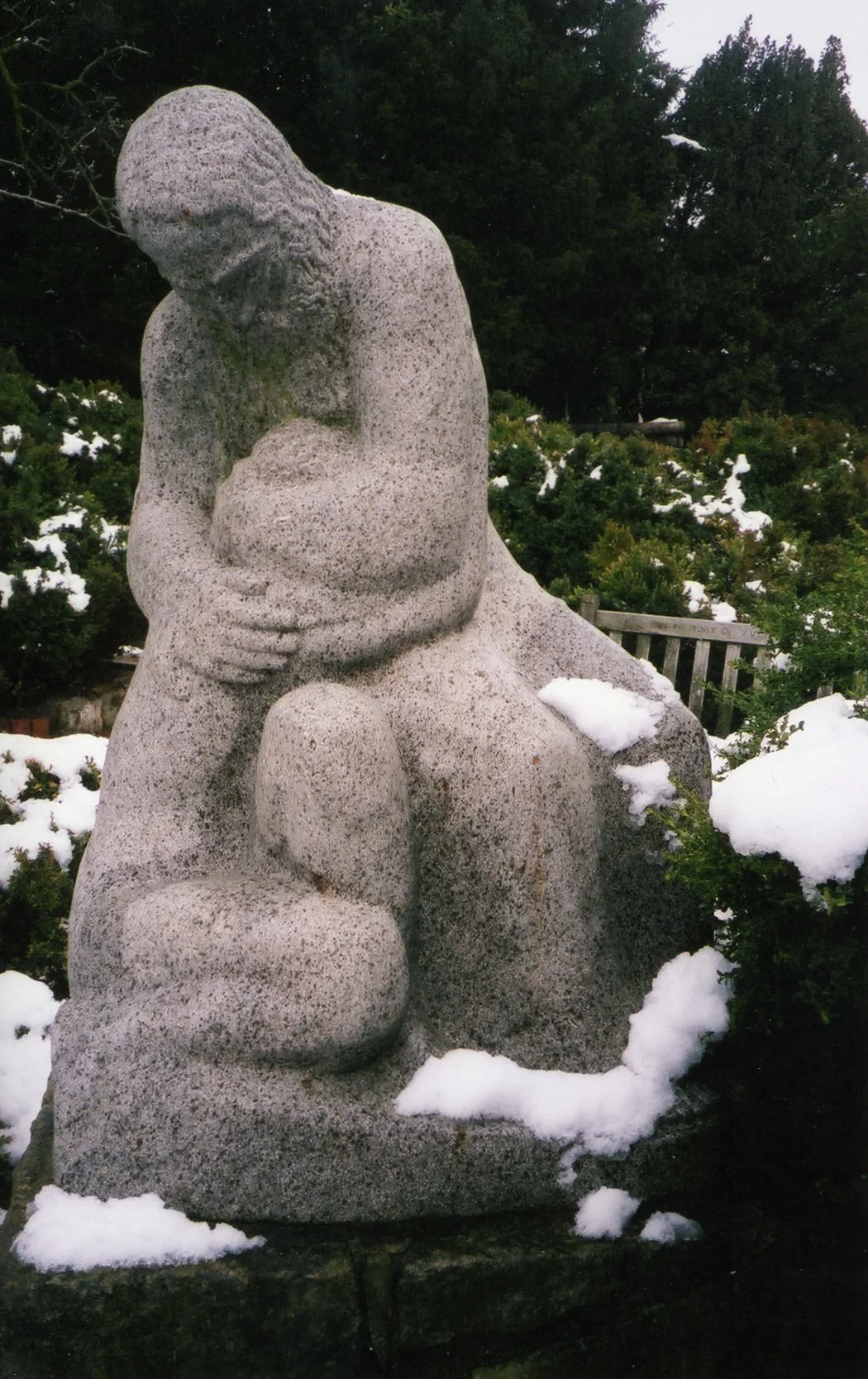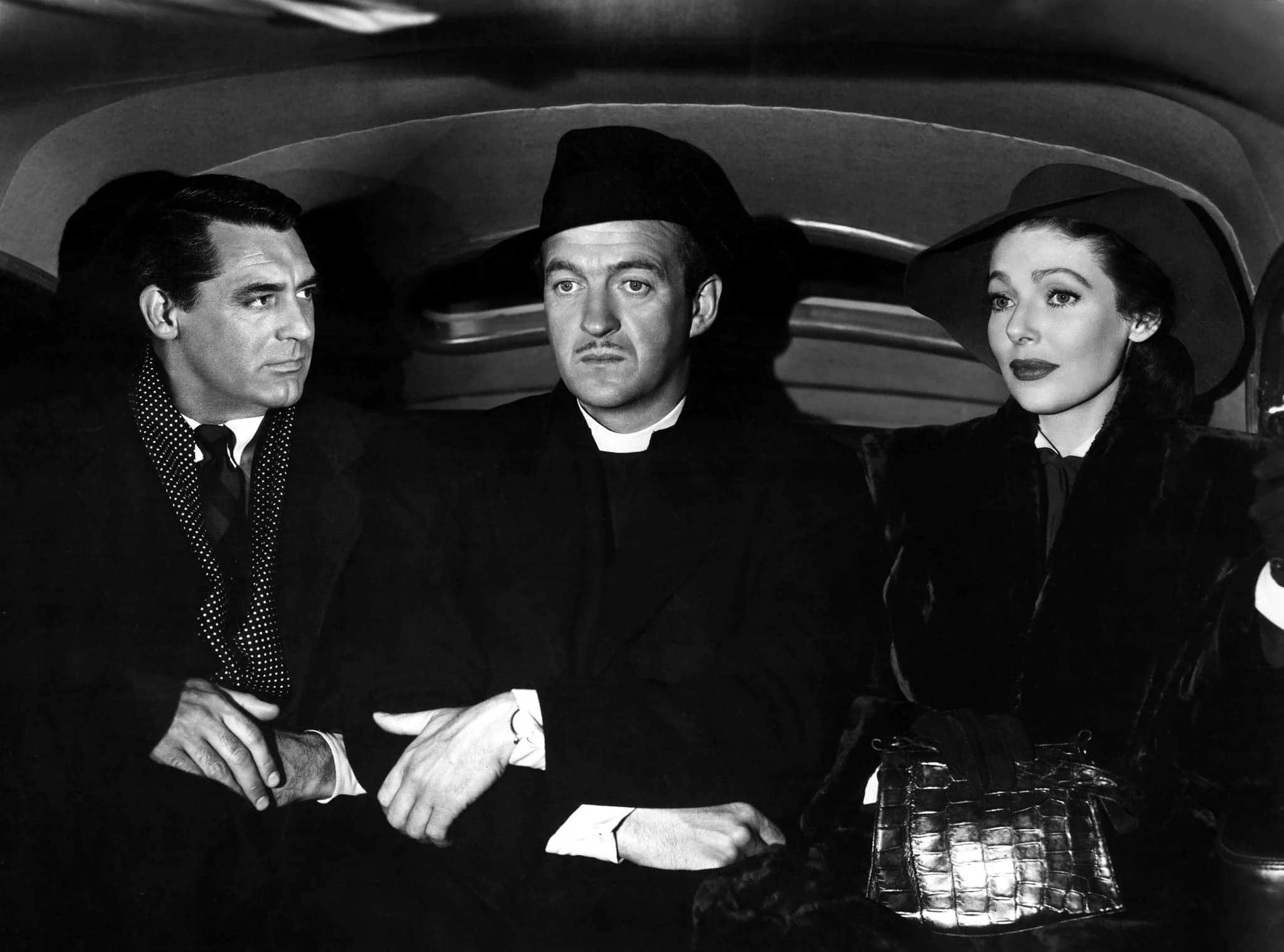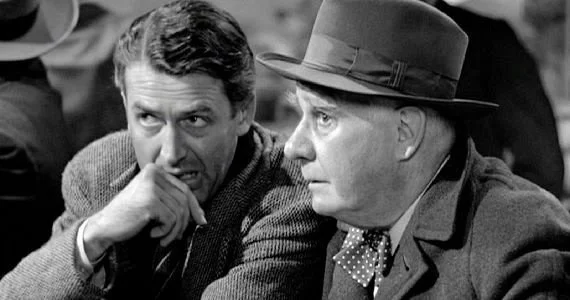An Ancient Prayer Wheel to Say your Prayers
“Sometimes returning to ancient sources is exactly what we need to renew our spiritual lives.”—Payton Dodd, Jana Riess, and David Van Biema in “Foreword,” The Prayer Wheel: A Daily Guide to Renewing Your Faith with a Rediscovered Spiritual Practice (Convergent, 2018).
Three renowned religious writers collaborate to present a meditative method utilizing the ancient practice of the prayer wheel. The medieval Liesborn Wheel consists of four concentric bands, each containing the Lord’s Prayer, the Hebrew Bible’s Gifts of the Spirit from Isaiah, Events in the Life of Jesus, and the Beatitudes. Each of these four texts is divided into seven stepping stones. Together, these texts comprise a complete vocabulary of faith.
The seven phrases or petitions, or stepping stones, are spiritual tools or disciplines that put us in a position to connect with the God within us. The authors suggest journeying around the wheel as a daily prayer practice.
The wheel can also be used topically for special occasions, in times of grief, to offer gratitude, or to pray for others. Its use is appropriate in times of joy, discernment, or needing forgiveness. The wheel can aid prayers for healing, hope, praise, and calmness. It can also be a guide for Bible study. There are endless possibilities.
The invitation to return to this ancient source presents an opportunity for all who wish to explore alternative approaches to experiencing contemplative prayer.
Joanna. https://www.joannaseibert.com/





